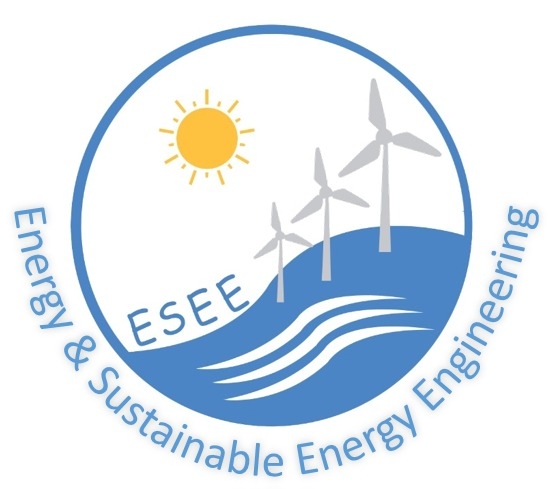Energy and Sustainable Energy Engineering Program

Energy Engineering specialization is one of the most important and highly demanded fields both nationally and regionally. In this specialization, students explore in-depth the issues related to the shortage of energy sources and the solutions for providing clean energy that does not harm the surrounding environment. Due to the high electricity consumption in Egypt, it is necessary to establish large power generation plants to meet the growing demand for electrical energy.
Students study the main components of power generation plants, designing these parts, and performing thermal analysis to determine the efficiency and performance factors for each component. They also study load curves and their hourly, daily, monthly, and annual variations to understand how these plants respond to energy demand, as well as determine peak consumption times for conventional power plants. Given the anticipated depletion of traditional energy resources such as coal, natural gas, and oil in the coming years, it is crucial for students to learn about non-traditional energy sources. These sources use new and renewable energy such as wind energy, solar energy, tidal energy, geothermal energy, and ocean energy.
Students also study the design methods for these non-traditional power plants and conduct thermal analysis to evaluate their efficiency, performance factors, and economic viability. They compare these with conventional methods in terms of basic costs and environmental impacts. Graduates of this department are primarily qualified to work in large-scale power plants, factories, and companies that operate small-scale power generation plants. They are also prepared to engage in research projects focusing on energy analysis, energy conservation, and optimizing the use of available energy resources.
Skills Acquired by Graduates:
-
Application of international and local standards in various energy engineering and sustainable energy fields.
-
Understanding professional and ethical standards associated with practicing energy engineering.
-
Acquiring the drive and skills required for continuous professional development.
Areas of Work:
-
Electric power generation fields
-
Consulting offices for designing cooling and air-conditioning systems
-
Electrical energy transmission engineering through distribution networks
-
Design and operation of renewable energy systems (wind, solar, biofuels, tidal energy)
-
Computer applications in energy conservation programs
-
Supervision of energy generation in all forms of transportation (land, sea, air).
